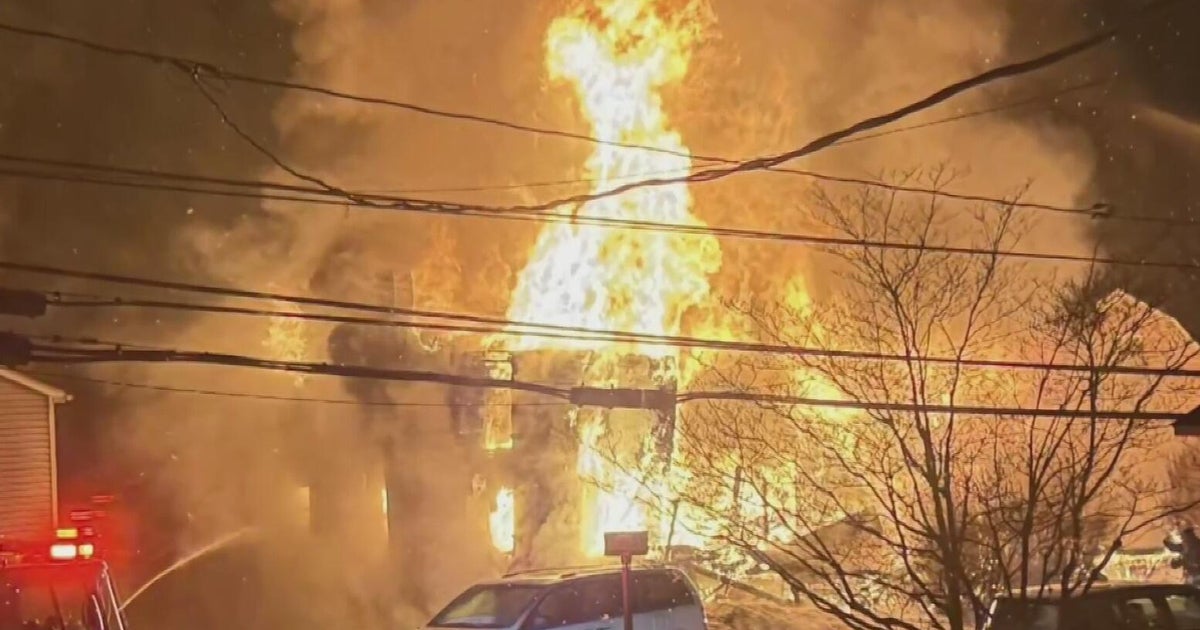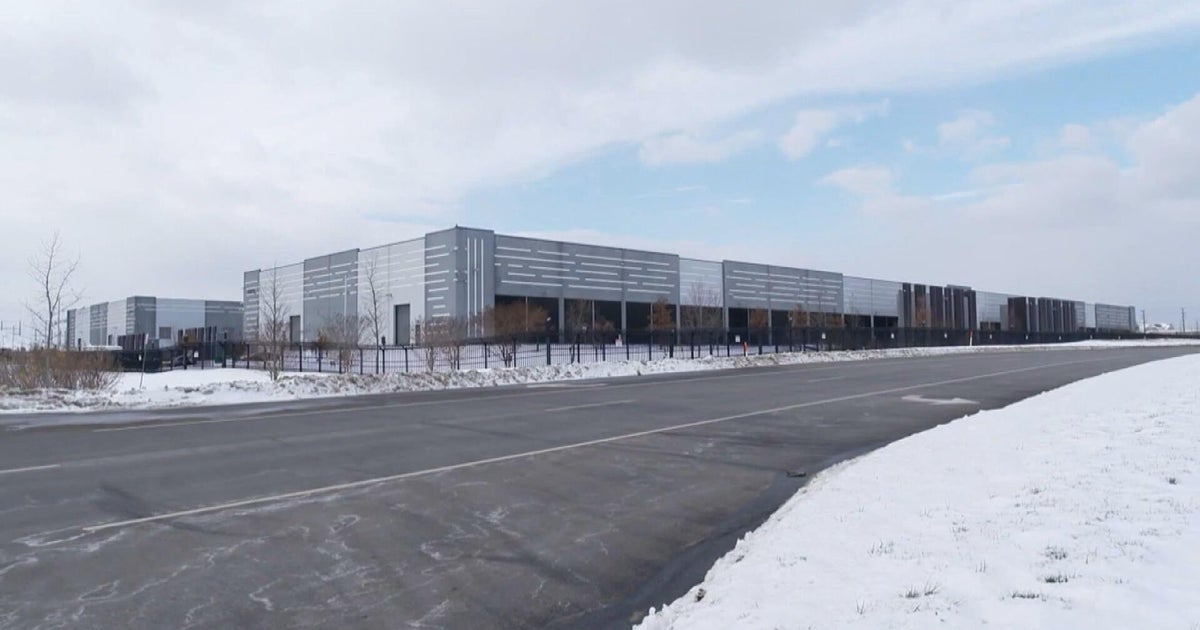Long Blackouts May Pose Risk To Pennsylvania's Reactors
PHILADELPHIA (AP) -- Though the odds are extremely remote, Pennsylvania nuclear reactors, including those near Lancaster and Beaver Creek, could be vulnerable to radiation leaks if their power were knocked out for days, an Associated Press investigation has found.
The risk exists for all U.S. nuclear reactors if there are no other means to keep the reactors cool, but some are more susceptible than others, according to the AP investigation, conducted in the wake of radiation leaks at Japan's Fukushima Dai-ichi nuclear plant.
One simulation presented by the Nuclear Regulatory Commission in 2009 showed that it would take less than a day for radiation to escape from the Peach Bottom Atomic Power Station outside Lancaster if there were a blackout and the reactor couldn't be kept cool. That atomic power station has reactors of the same older make and model as those releasing radiation in Japan.
While regulators say they have confidence that measures adopted in the U.S. will prevent or significantly delay a core from melting and threatening a radioactive release, the events in Japan, which was stricken by an earthquake and tsunami, raise questions about whether U.S. power plants are as prepared as they could and should be.
"We didn't address a tsunami and an earthquake, but clearly we have known for some time that one of the weak links that makes accidents a little more likely is losing power," said Alan Kolaczkowski, a retired nuclear engineer who worked on a federal risk analysis of Peach Bottom released in 1990 and is familiar with the updated risk analysis.
Risk analyses conducted by the plants in 1991-94 and published by the commission in 2003 show that the chances of such an event striking a U.S. power plant are remote, even at the plant where the risk is the highest, the Beaver Valley Power Station in Pennsylvania.
The Beaver Valley Power Station, Unit 1 had the greatest risk of core melt -- 6.5 in 100,000, according to the analysis done by the AP of plant risks that the NRC performed. But that risk may have been reduced in subsequent years as NRC regulations required plants to do more to cope with blackouts. Todd Schneider, a spokesman for FirstEnergy Nuclear Operating Co., which runs Beaver Creek, told the AP that batteries on site would last less than a week.
Exelon Corp., the operator of the Peach Bottom plant, referred all detailed questions about its preparedness and the risk analysis back to the NRC. In a news release issued earlier this month, the company, which operates 10 nuclear power plants, said "all Exelon nuclear plants are able to safely shut down and keep the fuel cooled even without electricity from the grid."
(© Copyright 2010 The Associated Press. All Rights Reserved. This material may not be published, broadcast, rewritten or redistributed.)







